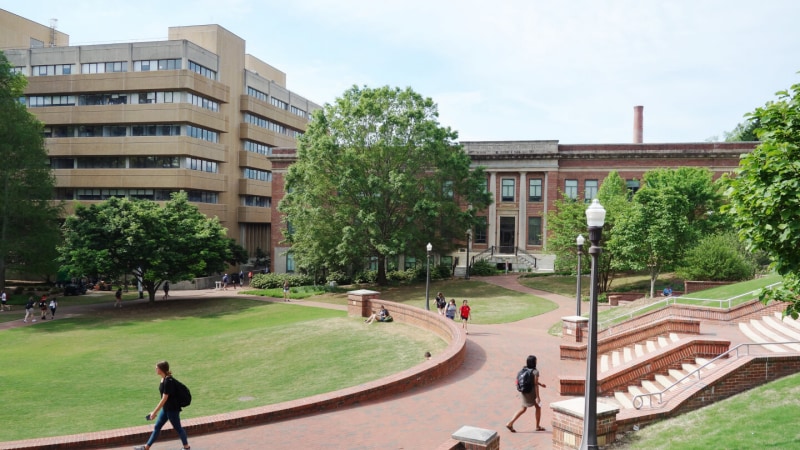What financial aid is available for Native Americans?

Senior Associate, JPMorgan Chase

There are financial aid opportunities specifically available to Native American students who want to attend college in the U.S., including a variety of grants and scholarships.
A few things to keep in mind as you begin to pursue these options: you likely need to establish your eligibility as a Native American student, financial aid is available via the government and non-profits (so research, research, research), and your tribe and college’s financial aid office can be great resources to drill down on what you’re eligible for.
Keep reading as we break this all down.
How to establish your eligibility as a Native American student
Most scholarships, grants, and other forms of assistance specifically available to Native American students require applicants to prove they’re officially a member of a tribe recognized by the U.S. federal government. Students who aren’t enrolled members of a tribe likely won’t qualify for aid reserved for Native Americans. That being said, students can typically use a Certificate of Degree of Indian Blood (CDIB) to prove their tribal membership.
The requirements will vary depending on the aid. For instance, the aid offered through the U.S. Bureau of Indian Education (BIE) Higher Education Grant Program requires eligible recipients to be a member of a recognized tribe (PDF).
First Nations people from Canada who want to attend college in the U.S. may be eligible for Title IV student financial aid, but only if they prove that they’re 50% Native American. This opportunity for aid is open to Canadian students who have a status under the Jay Treaty of 1789.
Like any student applying for financial aid in the U.S. for college, Native American students must fill out the Free Application for Federal Student Aid (FAFSA®) to access financial aid. On the FAFSA® form, Canadian students who can prove they have at least 50% Native American blood need to register as “eligible non-citizens” and can put A999999999 in the Alien Registration Number (A-number) field if they don’t have an A-number. Additional information can be found on Studentaid.gov.
Financial aid specifically for Native Americans
To apply for a grant from the BIE, students must visit their tribe or home agency. The financial aid administrator of the college a student wants to attend must send the tribe’s Higher Education Director a needs assessment.
Beyond federal aid, there’s aid offered to Native American students, including scholarships and state aid. The American Indian College Fund (AICF), for instance, is an avenue to pursue financial aid. It’s a non-profit organization offering scholarships to Alaska Native and Native American students.
Daughters of the American Revolution has an American Indians Scholarship Fund that provides scholarships to Native Americans based on financial need and academic qualifications.
An undergraduate’s tribal office has a wealth of information regarding financial aid help. Many tribes offer scholarships to student members, which can be especially helpful to students who don’t receive a grant from the BIE.
Some colleges and universities offer scholarships to Native American students. And a student’s state may award scholarships to Native Americans. An example of this is the American Indian Endowed Scholarship in Washington State.
Major-based financial aid
There are financial aid programs that offer assistance to Native American applicants pursuing specific majors, which is another avenue to explore.
The American Indigenous People in STEM (AISES) Organization awards aid to qualifying students interested in engineering degrees or the sciences. Individual schools may offer an Indian Teacher Training Program designed to help Native American students pursuing a career in an educational setting.
Students going after health-related degrees can receive help, too. The Indian Health Service (IHS) offers loan repayments and scholarships through the IHS Loan Repayment Program and the IHS Scholarship Program. Through the scholarship program, the IHS can, in some circumstances, pay a student’s full tuition, along with covering books, equipment, and travel to those pursuing a public health-focused degree in exchange for a commitment of service. Recipients even receive a stipend for personal use.
Final thoughts
Native American students have unique opportunities to receive financial aid. Explore what the BIE offers, research scholarship opportunities, and reach out to your tribe who might be aware of financial aid opportunities that you could be eligible for.



